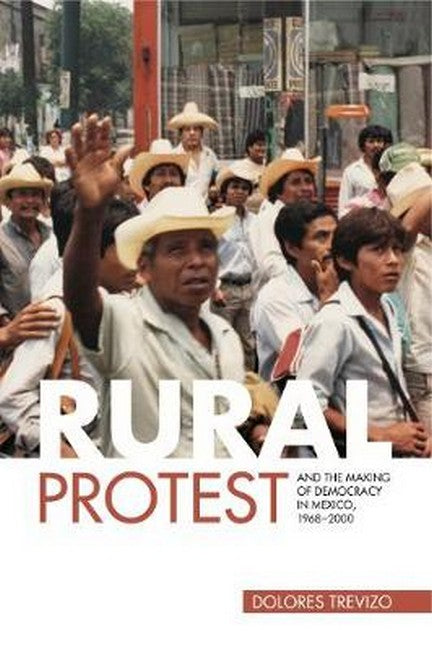Contents
List of Figures and Tables
Preface and Acknowledgments
List of Abbreviations
Introduction The Rural Roots of Mexico’s Nascent Democracy: The Role of Peasants and Agrarian Capitalists in Opposition Politics
1. Social Movements and Democratization
2. The “Banner of 1968”: The Student Movement’s Democratizing Effects
3. State Repression and the Dispersal of Radicals into Mexico’s Countryside, 1970–1975
4. Capitalists on the Road to Political Power in Mexico: Class Struggle, Neopanismo, and the Birth of Democracy
5. The Rural Sources of the PRD’s Electoral Resiliency
Conclusion The Post-1968 Struggle for Democracy in Rural Mexico
Appendixes
References
Index

